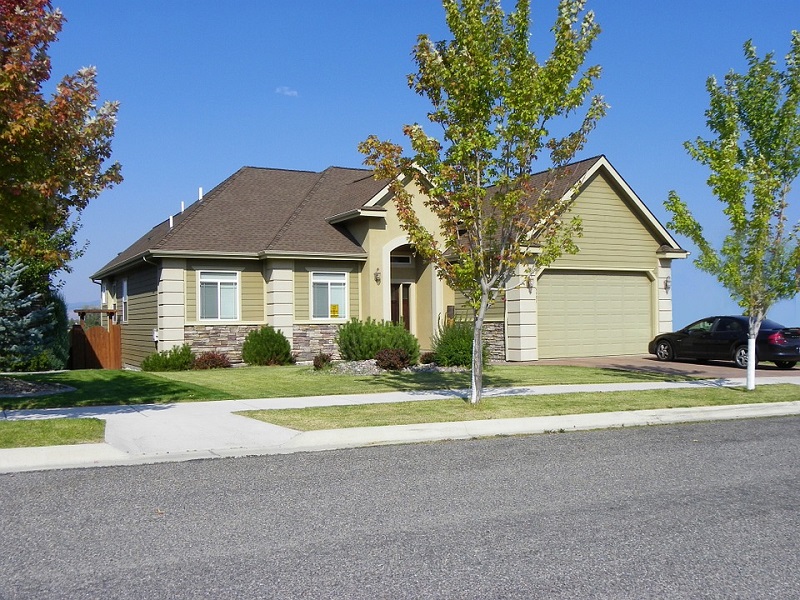7 Ways to Find the Cash to Start Investing in Property

It’s no secret that real estate is considered one of the most reliable investments when viewed over the long term. The problem, of course, is that getting started can require considerable capital. With landlord finance rules changing all the time, many traditional lenders are requiring ever-larger deposits before a mortgage is granted on such properties.
Fortunately, there are a number of ways to find the cash necessary to get started in real estate investing…
Cash Out Assets
One of the real appeals of investing in property are the potential returns, which are often considerably higher than traditional “investments” like savings accounts. If you’re frustrated by the rates that your investments are currently offering, one option is to sell these assets to free up capital, and instead put it into property.
However, it’s not just existing investments that can provide the capital to start in real estate. Many of us have attics and garages filled with unused possessions, or even a car that is rarely used any more. Selling these unwanted belongings on eBay, Craigslist or Gumtree can free up a surprising sum of money ready for investing.
Changing Real Property Ownership
The ownership of a real estate can only be changed through a written document. Using a deed is the most common legal method to manage the ownership of a real property. A grant deed is one of the common types of deeds. It’s not rocket science, you simply need to fill it out accurately to be legally binding. Depending on the jurisdiction, your government area may have the grant deed form available either at the Recorder’s office or online for download.
Remortgage Your Property
While there are certainly risks in remortgaging your current home, if your home has grown in value since purchase it may be possible to extract a healthy pot of cash to start your property empire.
Indeed, some investors consistently use this strategy to grow their holdings; buying then remortgaging one property after another, using the equity to fund their next purchase.
Take on a Tenant
A lower risk alternative is to rent out your spare room to a tenant. With rents rising all the time, particularly in urban areas with a strong job market, you’ll be surprised at how much you can charge. Take a look online at sites like Spare Room to get an idea of value in your area, and in just a matter of months you could raise enough to make a small deposit on your first rental property.
The Sharing Economy
The internet has democratized many industries, and it’s easier than ever before to make additional income on the side. Whether you want to drive for Uber or to rent out your driveway or unused storage space there’s a solution available.
The key is not to limit your thoughts. Consider every asset that you have, and you’ll be surprised just how many of them could be earning you extra month.
Reduce Your Spending
An alternative to earning extra money is of course to just start spending less than you do now. The difference between your income and spending can be carefully stashed away ready to start investing in property.
Investigate Cheap Properties
Many first-time investors imagine they’ll need to save a huge pot of cash to start investing in property. However, this isn’t always the case. Firstly, some areas will always be cheaper than others. By targeting your property search on areas with cheaper properties you’ll need far less to get started.
Secondly, some specialist property investment companies buy new-build properties off plan for a huge discount and then pass these savings onto their clients. This means you can often land a discount of 10% or more off the ticket price if you know where to look.
Of course, buying below market price also has the additional benefit of reducing your risk, by producing a paper profit very early on in your investing career.
Crowdfund Your Investments
Another option for getting started in property with minimal capital is to use one of the many “peer to peer” networks, where your money is pooled with that of other investors. Each person then receives a “share” of the eventual sale, together with rental income during the ownership period.
There are ever more crowdfunding companies offering entry into the property investment market, and minimum investments can be less than the price of a cheap car.
Whatever option you choose, it’s clear that there are a multitude of options if you’re keen to start investing in property. While you should do your due diligence and speak to a professional before making any investment decision, at least gathering together the necessary capital to get started shouldn’t represent the hurdle that many people expect.





